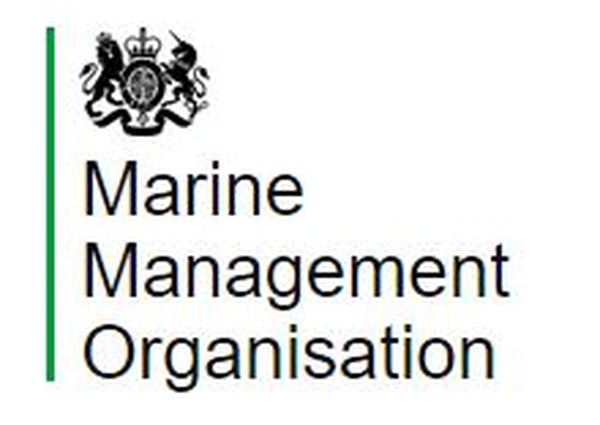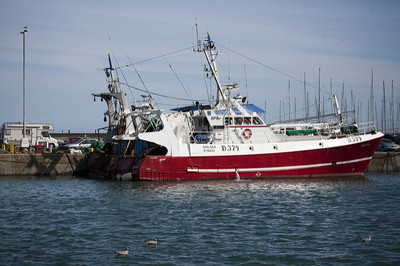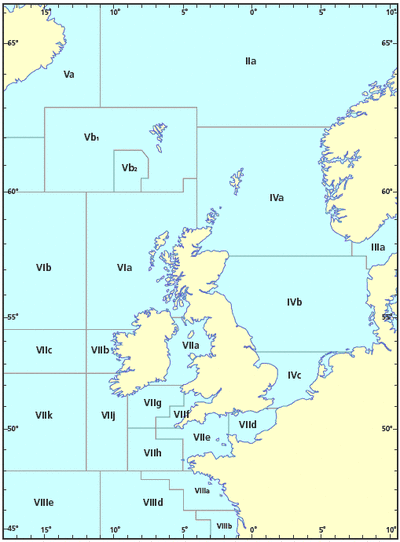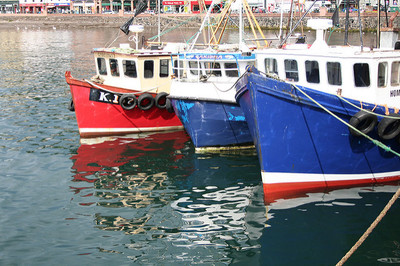
View all banners
FAFB will never call you and ask for your credit card details over the phone. If this happens, hang up!


Issued by the UK Government’s Marine Management Organisation, a commercial fishing vessel license permits a vessel to fish in specified areas of the sea.
At the current time, no new licenses are being issued by the MMO so you need to obtain a license entitlement or license transfer in order to get your vessel licensed.
Though licenses are issued with expiration dates, they are issued at the discretion of the MMO and are subject to change and revocation at any time for the purposes of sea fishing regulation.

Fishing licenses are strictly controlled by the UK Fisheries Administrations in order to ensure that the UK complies with quotas set under the EU Common Fisheries Policy.
If you plan to sell any of the fish that you catch and land (even if you only sell excess to your friends) then you will need a license.
If you only use the fish that you catch for your own personal use, then you do not need a license. Nor do you need a license if:
A domestic fishing vessel license issued by the UK Government entitles the vessel to catch and sell fish caught in any UK and EU waters as shown in the diagram below. This is in accordance with the EU’s common fisheries policy and protects the domestic Economic Exclusion Zone (EEZ) of 12 nautical miles from the UK’s (and other EU Country’s) coastlines. Fishing outside of these waters requires an additional license.
You should note that the Channel Islands are also protected by their own EEZ

If you want to fish outside of UK and EU waters, then you will need to contact the local fishery office for advice.
You will need to be cognisant of the international standard EEZ limits of 200 nautical miles from a country’s coastline and comply with their licensing. Fish caught in international waters are regulated and managed by the member countries of Regional Fisheries Management Organizations (RFMOs).
If you fish without a fishing license and then sell your catch, you are acting illegally and can be fined up to £50,000. The port authorities have the right to seize both the fish on board your vessel and/or the gear used to catch it.
Likewise, failure to follow the terms of your license can also result in prosecution.
The type of license that you need depends on the kind of fishing activity you will be involved in as well as the length of your vessel.
There are two groups of vessels as defined by the MMO:
Group 1: For vessels over 10m in overall length. Group 2: For vessels of 10m in overall length and under.
Each group can apply for and obtain a category of license relative to the type of fishing they will be undertaking. There are 3 main licence categories:
Category A: Relates to those fish stocks that are subject to quotas and are considered at greatest risk. Vessels in Group 1 will have a restricted tonnage for combined pelagic stocks. To fish without restriction for pelagic stocks a special Cat A (Pelagic) license is issued. Category B: Suitable for those fish that are at less risk than category A but are still subject to quotas Category C: Usually not subject to quotas, this category refers to fish not considered to be at imminent risk. There are additional license types that are applicable when targeting certain species of fish or certain regions, these include:

In order for the MMO to control the size of the UK’s fishing fleet no new licenses are being issued at present so the only way to obtain a license is purchasing an existing fishing vessel license and either transferring ownership or by purchasing the vessel to which it is registered.
Find a Fishing Boat has plenty of advertisers who are selling their vessel with a license or just a license. If you are purchasing a license, then you will need to ensure that the category and entitlements are suitable for your needs. You can contact your local fisheries office for assistance on this.
When a boat is sold with a license, a license entitlement is created and this allows the license to be transferred in ownership. An entitlement can simply follow the old boat or can be used to license a new vessel in its placed (as long as the same category and group applies). You should note that if you are planning to use the entitlement to license a new vessel, you will first need to ensure that your new vessel is registered with the UK Ship Register and registered to the port of your choice.
Licenses administered from ports in England, Northern Ireland Wales are automatically renewed but those in Scotland do require a renewal application process.